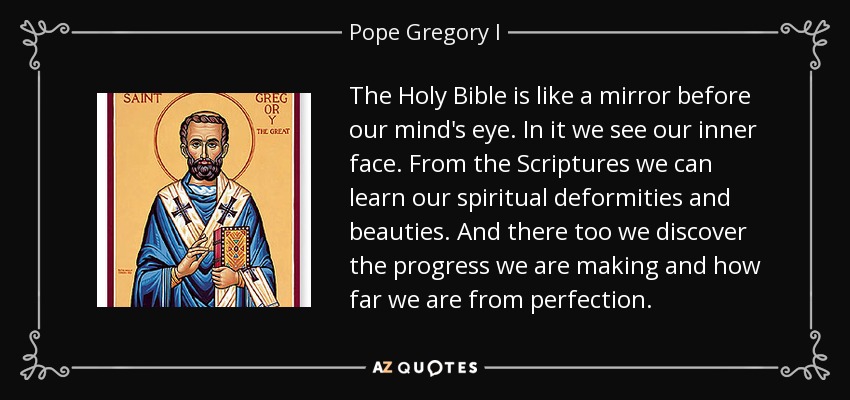Jesus was God's wisdom incarnate and his teachings and actions were filled with riddles and irony. Jesus' riddles can awaken our stunted imaginations and draw us deeper into the character and life of his loving Father. Jesus disciples find him asleep on a boat, save us. They did not see Jesus' deeper meaning of him dying for humanity. Jonah is also found sleeping on a ship and he saves them by throwing himself overboard to what he thought was his death but turned into a kind of resurrection.
Jesus says his followers will be baptized in the waters and rivers of the Spirit of God. Like the first creation where the waters rise up, so Jesus is living water to those who will drink from him. The Gospel of Mark is about multiple healings of blind people as God wants to lift all of vulnerable humanity out of the swamp of spiritual blindness. As Israel listened to Moses with radiance glory, at the transfiguration, God speaks to Jesus disciples to listen to him as Jesus radiated with the glory of God.
Mark's Gospel starts his gospel out with the baptism of Jesus where the verb "torn" is the only place used in the gospels as in Isaiah 64:1 were Isaiah cries for God to tear open the heavens and come down to Israel. Mark's gospel is God's answer to Isaiah's cry for God to come and rule over Israel again. There is also this purifying judgment in Mark where he speaks of Isaiah but also alludes to the messenger preparing the way for the Messiah in Malachi as God purifies his people.
Mark reads Israel's story figurally as God radical love for Israel and all people. Some of us are bad interpreters of riddles and we miss in Mark's apocalyptic vision in chapter 13 is not about cosmic annihilation but rather the restoration of Israel. This morphs into the restoration of all things in Luke, Paul, and John's apocalyptic vision which the reader often misses.
The climax of the Jesus story is his crucifixion and vindication. When Jesus tells the parable of the wicked tenants in chapter 12, there are echoes and riddles to disclose in this parable. When the wicked tenants say "come, let us kill him" (Mk.12:7) this echoes back to the sacrifice of Isaac, the murder of a vineyard's son where death is not the final word. Or how about the story of Joseph plotting to kill their brother who used the exact same language of murdering him (Gen.37:20). Again, this figurative resurrection of Joseph foreshadows Jesus' fate.

